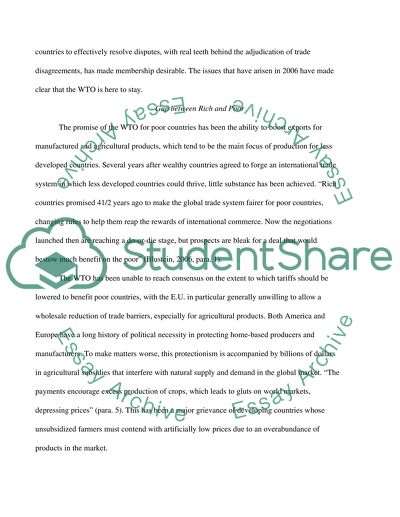Cite this document
(What Are the Issues Facing the World Trade Organization Term Paper, n.d.)
What Are the Issues Facing the World Trade Organization Term Paper. Retrieved from https://studentshare.org/macro-microeconomics/1537392-what-are-the-issues-facing-the-wto-in-2006
What Are the Issues Facing the World Trade Organization Term Paper. Retrieved from https://studentshare.org/macro-microeconomics/1537392-what-are-the-issues-facing-the-wto-in-2006
(What Are the Issues Facing the World Trade Organization Term Paper)
What Are the Issues Facing the World Trade Organization Term Paper. https://studentshare.org/macro-microeconomics/1537392-what-are-the-issues-facing-the-wto-in-2006.
What Are the Issues Facing the World Trade Organization Term Paper. https://studentshare.org/macro-microeconomics/1537392-what-are-the-issues-facing-the-wto-in-2006.
“What Are the Issues Facing the World Trade Organization Term Paper”. https://studentshare.org/macro-microeconomics/1537392-what-are-the-issues-facing-the-wto-in-2006.


